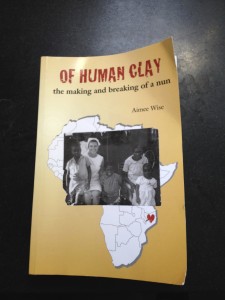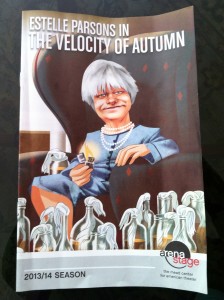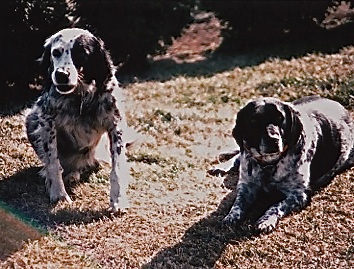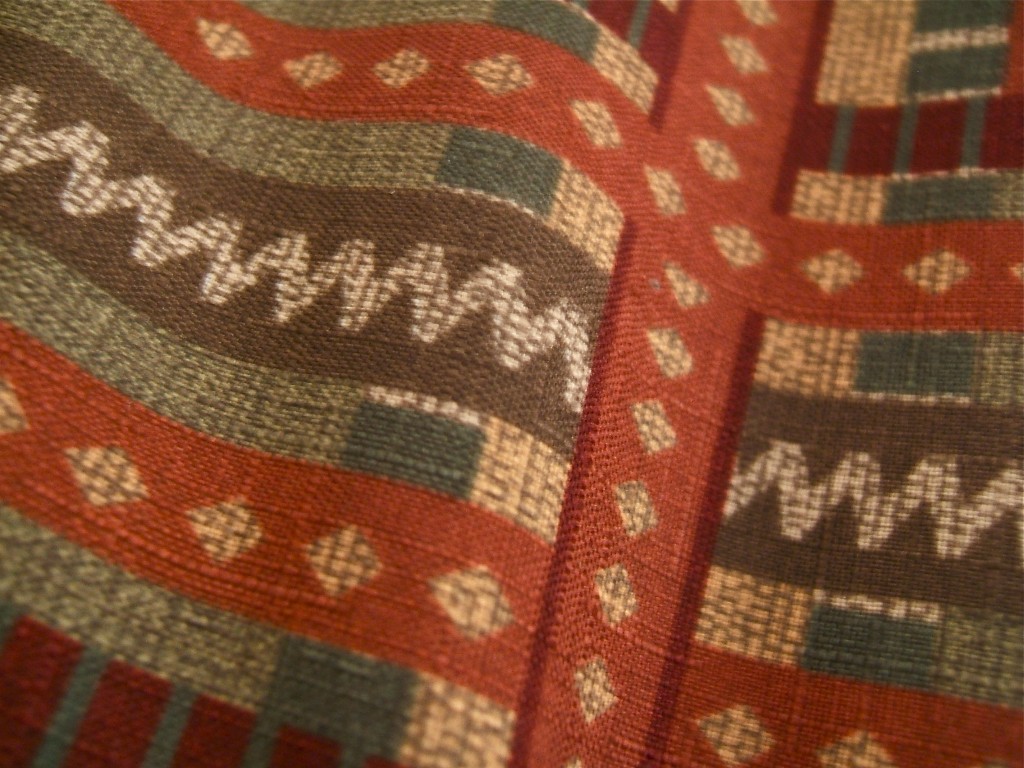The best of a book is not the thought which it contains, but the thought which it suggests; just as the charm of music dwells not in the tones but in the echoes of our hearts.
~ John Greenleaf Whittier
 It was with great excitement that I recently received newly published memoirs written by two of my friends. The first to be delivered to my doorstep was, Of Human Clay, the making and breaking of a nun, by Aimee Wise, a lovely woman I met in 2010 at Jennifer Louden’s writing retreat in Taos, New Mexico.
It was with great excitement that I recently received newly published memoirs written by two of my friends. The first to be delivered to my doorstep was, Of Human Clay, the making and breaking of a nun, by Aimee Wise, a lovely woman I met in 2010 at Jennifer Louden’s writing retreat in Taos, New Mexico.
It is a glorious read. I had a difficult time putting it down when I finished reading the final pages. I wanted more. It was like a delicious meal that you don’t want to end. The first words that came to mind when I finally let it go were beautiful, stunning, and heartbreaking. It’s a remarkable love story, not only between a man and woman, but also between a woman, her God, and the people she loved and served for seventeen months as a medical missionary in Malawi, one of the poorest nations in Africa.
Aimee’s story begins with her Irish Catholic upbringing and her search for a meaningful life as she enters the convent to become a nun. She spends years preparing herself to become a medical missionary. Later, finding herself in a small, forgotten nation, living among people who have been virtually ignored by a patronizing church, Aimee finds herself facing a patriarchal governing body regulated by Rome and its often hypocritical views of what caring for others is really all about. When she shares her thoughts with a young priest whose feelings are similar to her own, they fall in love, lost in a world of diminishing returns as they each, singularly, try to maintain their balance, vows, and the passion they feel for each other and their work.
Filled with important questions about life, love, and caring for others, Aimee’s story led me back to my own experiences as a child in the Catholic church and my families dismissal when priests in our parish discovered that my parents had been married by a justice of peace in Maryland, on Valentine’s Day in 1942. The next day my father went to war and eventually became a hero in our country’s fight to bring peace to a world at war. Told that they were living in sin and that my brothers and I were bastards, my parents left the church never entering the doors of any religious organization again. Even as a child of eight, I felt the stigma and inaccessibility to those who wanted to teach me what and how to believe in a spiritual deity.
I highly recommend this book to anyone immersed in their own spiritual journey. It touches the essence and hearts of all of us whether we follow a traditional faith or have invented our own way of believing or disbelieving.
I will tell you about my friend, Shirley Hershey Showalter, and her new memoir, Blush, A Mennonite Girl meets A glittering World,” as soon I’ve finished reading it. Stay Tuned.




